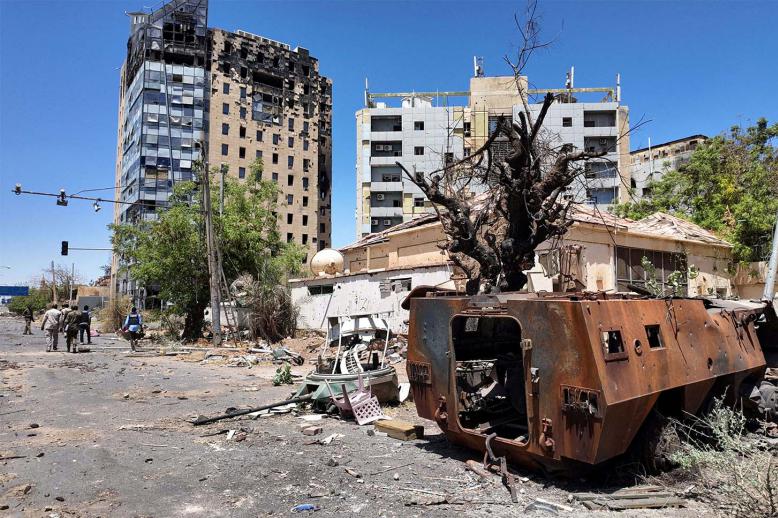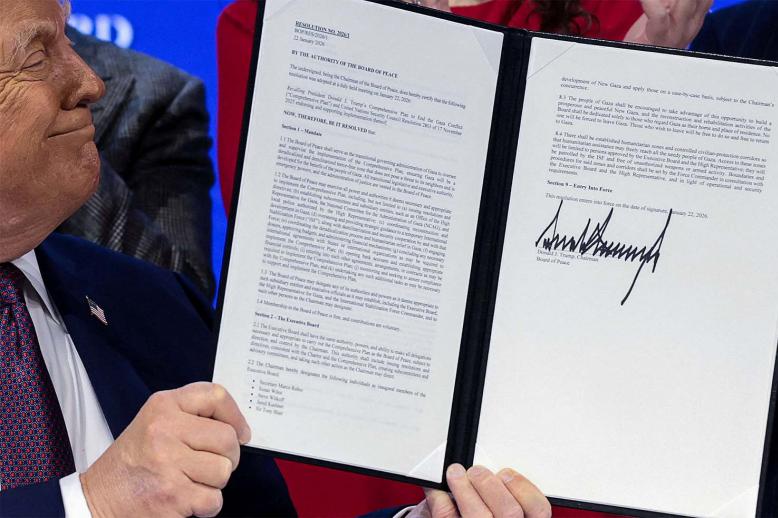Will Istanbul results finally see Turkey’s CHP get it together?
The leadership and supporters of Turkey’s Republican People’s Party (CHP) might feel like things are finally turning around for them. For years relegated to the sidelines as President Recep Tayyip Erdogan and his ruling Justice and Development Party (AKP) took centre political stage, CHP politicians are now in control of five of Turkey’s six largest cities, with the June 23 mayoral victory in Istanbul by Ekrem Imamoglu its crowning achievement. It’s no small feat considering the control the AKP has exerted over many aspects of Turkish life.
In the rerun election, Imamoglu won an additional 12 Istanbul districts compared to the mayoral poll in March, including areas once considered the backbone of AKP support such as Beyoglu, Fatih and Uskudar. Imamoglu has pledged that his win heralds “[a] new beginning. I would like to say from here that as of tomorrow I will treat 16 million people (residents of Istanbul) equally as mayor.” The resounding victory for Imamoglu, who pursued a campaign of inclusivity and reason in sharp contrast with the suffocating, relentless message adopted by the AKP on behalf of its candidate, Binali Yildirim, speaks for itself. Imamoglu’s campaign slogan, “Everything is going to be fine,” spliced irony with an unashamed message of hope.
The new mayor exploited the fact that many Istanbul residents have tired of the round-the-clock media coverage of imagined threats facing the country, be they exiled cleric Fethullah Gulen, Kurdish militancy or foreign interest rate speculators whom Erdogan blames for attempting to destroy Turkey’s economy. In part because of a backlash to the AKP-induced paranoia, Imamoglu added about 800,000 more votes on June 23 compared to March 31.
But Imamoglu’s victory raises the question of whether the CHP will now finally push on and show Turks it is capable of being a political force nationwide. Ankara, Izmir and now Istanbul, Turkey’s three largest cities and the nation’s cultural and economic centres of gravity, are in its hands. These recent victories also beg the question: Why has the CHP performed so poorly on the national scene?
A political force since its establishment by Mustafa Kemal Ataturk in 1923, the CHP is Turkey’s most storied political force. But for years, it has proved poor government material. Under its rule in the 1960s and 1970s, Turkey festered as an economic backwater, frozen by the fear of a takeover by the military.
Under the AKP’s rule that began in 2003, the CHP, in opposition, failed to articulate a clear message to Turks even as the ruling party shuttered the independent media, imprisoned political opponents and engaged in combat with Kurdish forces in Syria and south-east Turkey.
As Erdogan increasingly took power into his own hands over the course of several elections and referenda, the CHP did little more than complain loudly. It decried military intervention in Syria and the crushing of the free press but offered voters little else. On the streets, its most fervent supporters would proclaim their love and backing for Ataturk’s secular vision and lament the rise of the conservative Islamist class, but declined to take real action that would lead to change. Broadly, the CHP failed to ignite the imagination of the wider electorate.
Now, even as the CHP dominates Turkey’s urban centres, its challenge is to convince all Turks it is capable of governing the country as a whole — conservatives, the far right and secularists alike. And while it’s hard to see the CHP ever truly winning the hearts and minds of the millions of largely conservative voters inhabiting rural Turkey, it now has in its hands priceless political momentum.
Will it take the difficult step – for its leadership and its core supporters alike — of publicly recognising wrongdoing done to the Kurdish-rooted People’s Democratic Party (HDP) and move to propose an end to the AKP-imposed suppression of that party’s politicians? Can it articulate to rural as well as urban voters why Turkey’s involvement in costly conflicts in Syria and Iraq are as pointless as they are damaging? Most crucially, can it offer a way out of the economic morosity for voters struggling with growing debt?
Whether it can overcome the first and last of these challenges will decide whether the CHP’s urban successes are a flash in the pan or amount to real political change for Turkey.
Let’s not forget that the people of Istanbul have long memories. They backed the AKP in multiple elections during the early 2010s, despite their better judgements, because it delivered jobs, housing and transport infrastructure on an unparalleled scale. They will view Mayor Imamoglu no differently: drive down the stubbornly high unemployment rate that lurks over the shoulder of the city’s youth or face being ousted at the next election.
Imamoglu and the head of the CHP, Kemal Kilicdaroglu, would do well to remember that their victory in Istanbul amounts to little more than a protest vote against Erdogan – not an unconditional approval of their own policies and personalities. Millions of young residents of Istanbul, Ankara and Izmir face tough financial times ahead, with housing costs rising far faster than wages.
In his victory speech, Imamoglu spoke about how “we have shown other countries who try to go down the road we were choosing that it is no road at all.” Exactly which “road” that ends up being will decide whether Imamoglu is the man to take on Erdogan in a presidential election four years from now or, like so many of his predecessors, turn into a false dawn.
Stephen Starr is an Irish journalist who lived in Syria from 2007 to 2012. He is the author of Revolt in Syria: Eye-Witness to the Uprising (Oxford University Press: 2012).
This article was originally published in The Arab Weekly.







